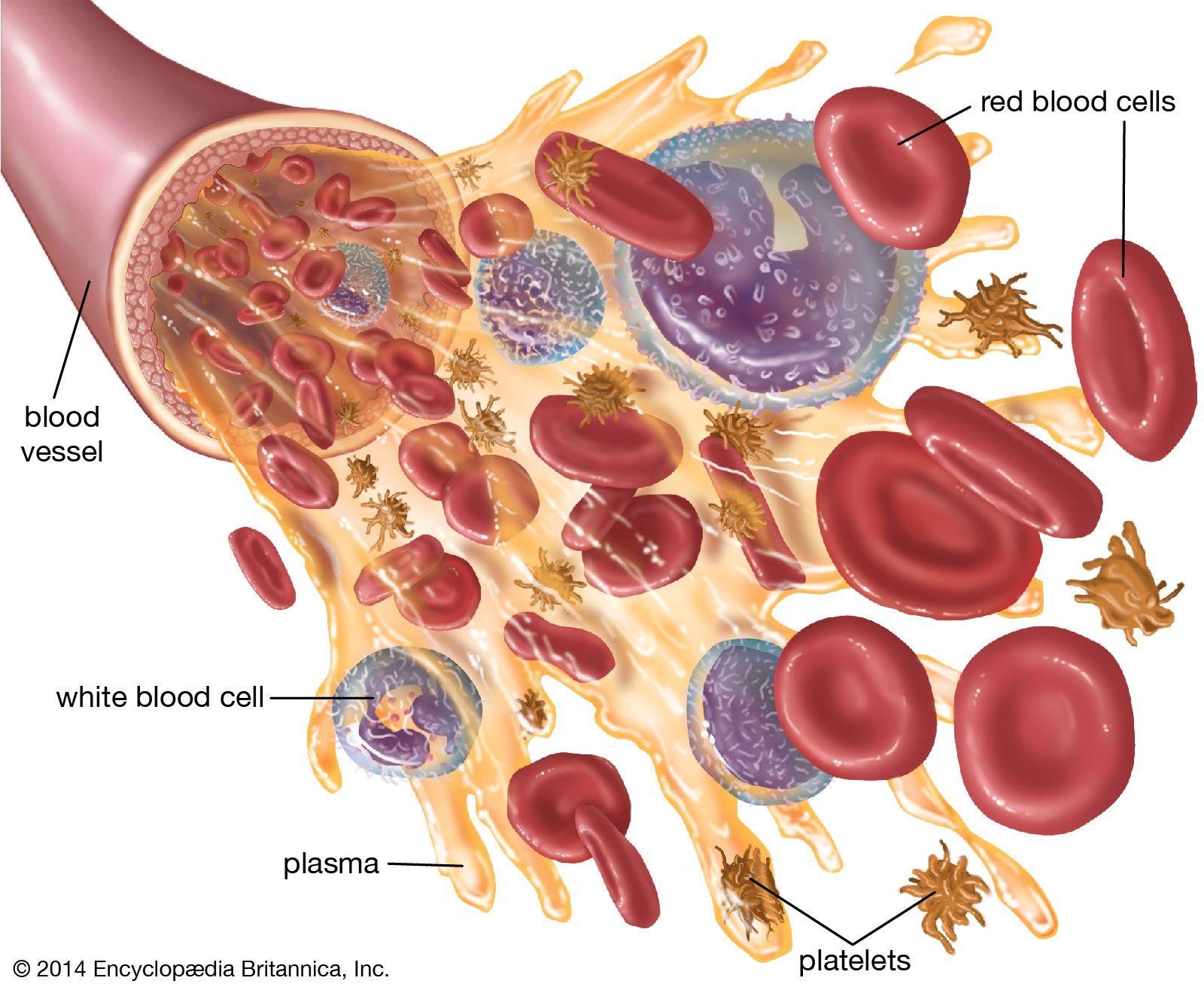White blood cells (WBCs), also called leukocytes, are central players in your immune system they patrol your body, detect threats such as bacteria, viruses and other foreign invaders, and coordinate the defence mechanisms that keep you healthy. Below is a detailed exploration of what white blood cells do, how they operate, why they matter, and how this relates to the wider context of infection and treatment.
What are white blood cells?
White blood cells are part of your bloods cellular makeup (along with red blood cells and platelets) and are produced primarily in the bone marrow. Though they make up only about 1% of the blood cell volume in a healthy adult, their functional importance is enormous.
White blood cells are classified into several major types, each with specialized tasks:
-
Neutrophils The most abundant WBC type, first line of defence especially against bacteria/fungi.
-
Lymphocytes Includes B cells and T cells; key to adaptive immunity (making antibodies, memory responses).
-
Monocytes/macrophages Engulf larger debris, present antigen, support longer-term tissue responses.
-
Eosinophils and basophils Less numerous, but important in parasitic infections, allergic responses and inflammation.
Their origin: all white blood cells derive from hematopoietic stem cells in the bone marrow, then differentiate into the myeloid or lymphoid lineages.
How white blood cells work in the immune system
White blood cells play multiple roles in immunity, both innate (general, immediate responses) and adaptive (specific, learned responses).
1. Surveillance & first‐response (innate immune function)
When pathogens (e.g., bacteria, viruses) breach external barriers (skin, mucous membranes), WBCs are among the first to respond. Neutrophils rush to the site, migrate out of blood vessels into tissues (a process called diapedesis) and engulf the invader (phagocytosis).
Monocytes turn into macrophages in tissues; they clean up debris, dead cells, and help orchestrate further responses.
Basophils/eosinophils trigger inflammatory reactions and help in allergic/parasite contexts.
2. Adaptive immunity (specific responses and memory)
Lymphocytes (B cells and T cells) allow the immune system to target very specific invaders:
-
B cells produce antibodies which bind to antigens on pathogens and mark them for destruction.
-
T cells can destroy infected cells or help orchestrate the immune response via signalling. Memory T and B cells help your body respond more quickly the next time you encounter the same pathogen.
3. Communication, signalling & coordination
White blood cells don't act alone they release and respond to “cytokines” (messenger molecules) and use cell‐surface molecules to coordinate migration, adhesion and activation. For example, white blood cells respond to chemoattractants, adhesion molecules on endothelium, etc.
4. Balancing defence and regulation
It's crucial that the immune response is regulated properly: too weak & infections; too aggressive & autoimmunity or excessive tissue damage. White blood cells also play roles in modulating the response, clearing dead cells, and resolving inflammation.
Why white blood cells matter for your health
Because white blood cells are central to infection defence and immune regulation, their number and function are key indicators of health.
-
Low WBC count (leukopenia) can leave you vulnerable to infections.
-
High WBC count (leukocytosis) generally indicates infection, inflammation or other stress; or less commonly blood cancers.
-
WBC dysfunction (even with normal count) can lead to immune deficiency or autoimmunity.
In practical terms: if you have a bacterial infection for which a drug like ceftriaxone injection is used, your white blood cells are the ones doing much of the legwork of recognising, engulfing or signalling for the bacteria to be destroyed. In other words, the antibiotic helps reduce pathogen load, and WBCs help clean up and coordinate the immune response.
Context: Wholesale supply of ceftriaxone injection and immune system relevance
When we speak of wholesale supply of medications such as ceftriaxone injection (a broad‐spectrum cephalosporin antibiotic), it's important to recognise how this interfaces with the immune system and the role of white blood cells. A few points
-
In the presence of a bacterial infection, white blood cells rally to attack the bacteria. However, antibiotics like ceftriaxone injection assist by inhibiting bacterial cell wall synthesis, reducing the pathogen burden, giving the immune system (especially WBCs) a better chance of clearing the infection.
-
In wholesale procurement and supply of ceftriaxone injection, it’s critical to ensure high quality, correct formulation, and adherence to dosing guidance. This ensures that your immune systems white blood cells aren't overwhelmed by resistant or high‐load pathogens.
-
White blood cells may be diminished or dysfunctional in certain diseases or treatments (e.g., chemotherapy), so in those cases supplying antibiotics is even more critical but also riskier (e.g., opportunistic infections).
-
From an immune system health perspective, supporting white blood cell function (appropriate nutrition, absence of immunosuppressive stress, etc.) supports the effective use of antibiotics like ceftriaxone injection.
So if you are considering wholesale supply of ceftriaxone injection, it's not just about the drug logistics but also about understanding the immunological context in which the drug will work together with the body's white blood cells and broader immune system.
How to support healthy white blood cell function
Since white blood cells are so important, here are ways to help maintain their optimal function (which in turn supports the efficacy of treatments like ceftriaxone injection when needed):
-
Adequate nutrition: vitamins A, C, B‐complex, zinc all support immune and white blood cell production/function.
-
Good hygiene and infection prevention: fewer threats means WBCs are less taxed.
-
Adequate sleep, stress management and regular physical activity: all influence immune health.
-
Avoiding unnecessary immunosuppression (unless medically required).
-
Monitoring for signs of impaired immune function (frequent infections, slow healing, abnormal blood counts).
Summary
White blood cells are the backbone of your body’s immune defence constantly patrolling, responding, signalling and remembering. They interact closely with pharmaceutical interventions. When you supply an antibiotic such as ceftriaxone injection wholesale, you are providing a tool that supports the immune system (including the actions of white blood cells) in fighting bacterial infections. Ensuring the right supply chain, dosage, and context (i.e., good immune health) maximises the chance of successful outcomes.
Your white blood cells are essentially your internal defence army armed with sensors, weapons, memory capabilities and they coordinate with treatments like ceftriaxone to keep infections at bay and maintain your health.



